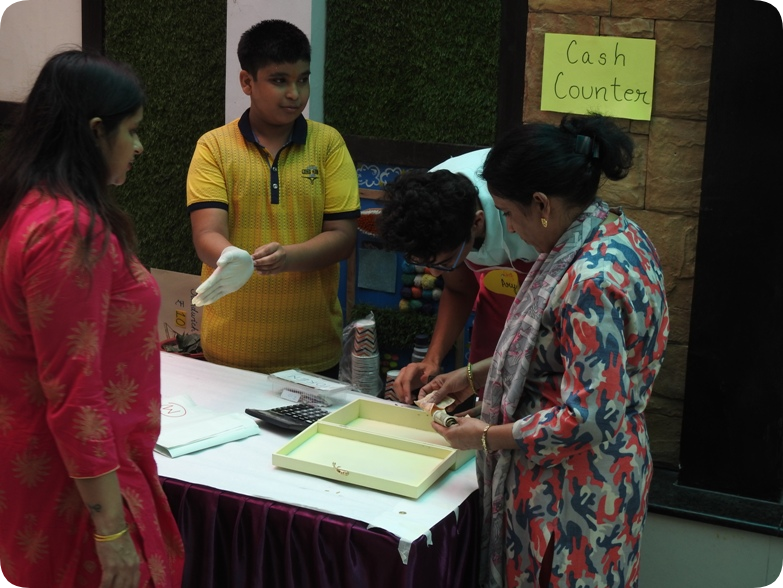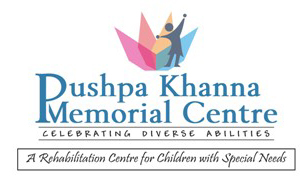For :
Life Skills training is aimed at adolescents and young people aged 12 to 20 with intellectual developmental disability, autism spectrum disorder or other disabilities.

Techniques and benefits :
Living independently requires life skills. Any skill that is useful in your life can be considered a life skill. It is usually used for any of the skills needed to deal well and effectively with the challenges of life.
Certain skills may be more or less relevant to you depending on your life circumstances, your culture, beliefs, age, geographic location, etc. However, in 1999, the World Health Organization identified six key areas of life skills:
• Communication and interpersonal skills. This broadly describes the skills needed to get on and work with other people, and particularly to transfer and receive messages either in writing or verbally.
• Decision-making and problem-solving. This describes the skills required to understand problems, find solutions to them, alone or with others, and then take action to address them.
• Creative thinking and critical thinking. This describes the ability to think in different and unusual ways about problems, and find new solutions, or generate new ideas, coupled with the ability to assess information carefully and understand its relevance.
• Self-awareness and empathy, which are two key parts of emotional intelligence. They describe understanding yourself and being able to feel for other people as if their experiences were happening to you.
• Assertiveness and equanimity, or self-control. These describe the skills needed to stand up for yourself and other people, and remain calm even in the face of considerable provocation.
• Resilience and ability to cope with problems, which describes the ability to recover from setbacks, and treat them as opportunities to learn, or simply experiences.
Life skills also include basic academic skills which are:
• Math Skills
A) The functional math skills include
B) For higher functioning students, math skills will expand to include vocationally oriented skills, such as making change or following a schedule
• Language Arts A) Reading begins as recognizing symbols, progressing to reading signs (stop, push), and moves on to reading directions. B) For many students with disabilities, they may need to have reading texts supported with audio recordings or adults reading. C) By learning to read a bus schedule, a sign in a bathroom, or directions, a student with disabilities gains independence.
How Will It Benefit A Child:
• Greater potential for Independent living. • Capability to obtain and maintain employment. • Potential for more satisfying relationships. • Acumen to manage a home, finances. • Ability to live a healthier life. • Proficiency to look after one’s personals needs without assistance.

3A/161, Azad Nagar
(Near Tilak Chauraha), Kanpur
Mob. : 7311133337
E-mail : pkmcdisha@gmail.com

